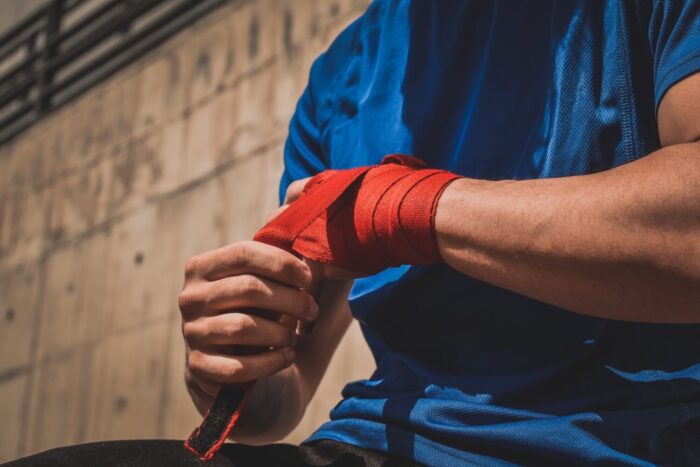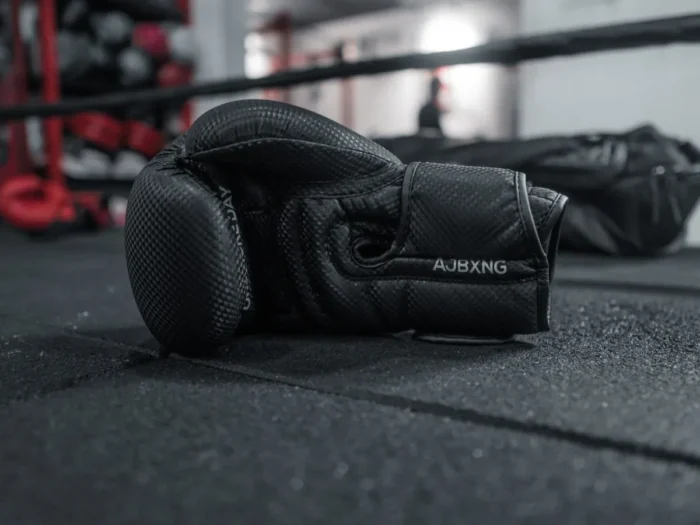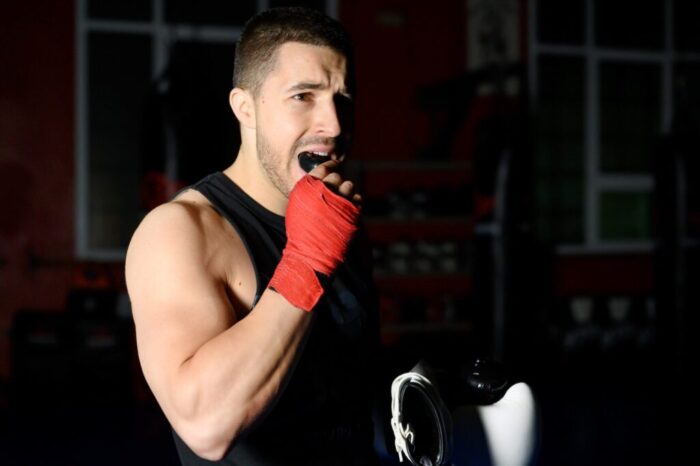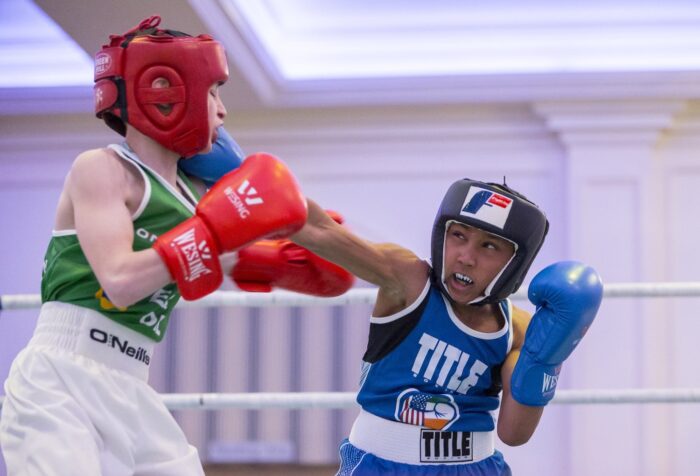When getting involved in combat-focused sports such as boxing, kickboxing, and mixed martial arts (MMA) it is essential to use the right equipment to avoid injuries. This is because these sports are centred around incapacitating or overpowering your opponent, so the risks associated with this sport are elevated when compared to non-combat sports, especially if you don’t have reliable equipment.
Constant injuries are also the last thing you would want to deal with as an athlete, as they will stagnate your progress in the given sport and can thus be just as mentally draining as they are physically draining. It’s always difficult to have to take breaks from training due to injuries, only to return after recovery to find that your hard-earned progress has all been lost.
Below we have detailed some of the noteworthy equipment necessary for engaging in combatant sports like boxing, kickboxing, and MMA training.
Hand wraps

When buying boxing equipment online at Sting Sports , hand wraps may be amongst the easiest accessories to buy, simply because you won’t have to consider sizing at all. Hand wraps are long, flexible strands of materials that you wrap around your hands before fitting your gloves. These wraps are a necessary step to support tendons, muscles, and wrist movements when throwing punches. Hand wraps not only help minimise the risk of injuries in these areas, but also allow you to produce more power behind your punches with the support that they provide.
There are also a variety of different types of hand wraps to choose from that are influenced by the sport and personal preferences. Inner gloves are slimmer, more flexible gloves individuals wear under their thicker boxing or MMA gloves. Another option is ‘fast wraps’, a new addition to the sports, offering a quick alternative to tape and material wraps. They’re backed by several pro boxers for the convenience they offer, however it is wise to get a tighter pair as they will stretch out over time.
MMA or Boxing Gloves

MMA gloves are one of the most crucial pieces of training equipment. It’s critical to get the gloves right when looking for boxing equipment online since they protect both your hands and sparring partner from injury. MMA athletes, unlike boxers, wear a thin light-weight glove that provides less protection but lets them utilise their hands for grappling. Because of the open palm and fingerless design, the right places are covered without feeling cumbersome. Whilst they may not appear to offer much protection when compared to a bare fist, there’s a fair amount going on in their design and production to ensure that fighters are in fact, consistently well-protected both in and out of the ring.
It’s important to understand that there are different types of MMA gloves. Some are designed for striking and have more padding to protect both your partner and yourself, while others are designed for grappling, and have a slightly streamlined shape similar to competition gloves, but aren’t suitable for hard sparring.
Boxing gloves on the other hand provide more support and cushioning inside the glove given the fist fighting nature of the sport. With this in mind, ensuring you purchase the right glove for the right sport is undeniably key.
Mouth guards

Source: askmeboxing.com
When the body is wounded, it can mend itself, but teeth are one of the few things that cannot, which is why they must be protected. Mouthguards are designed for this reason, cushioning the impact and protecting the teeth during training and competitions. However, don’t be tricked into thinking that wearing mouth guards will prevent you from being knocked unconscious — they won’t.
Most professional fighters get custom-fit mouthguards, which may be rather costly. This led to the development and widespread availability of boil-and-bite mouthguards, which can still provide adequate protection. Finding a brand of the boil-and-bite gum shields that fit snugly and comfortably is the most difficult part, but once you do, you’ll have a mouthguard that’s uniquely fitted to protect your teeth and gums.
The compact, tougher mouthguard is a particular favourite type of mouthguard amongst professional fighters, as it is essentially a custom-fit mouthguard that you can fit yourself. Regardless of what style of mouthguard you choose, however, you should always remember to keep them clean to mitigate the development of bad odours.
Shin guards

Source: unsplash.com
When it comes to sparring, a good pair of shin protection is essential. However, the type of shin guards you’ll require will be determined by the sport. You’ll want to buy some striking-style shin protection if your training sessions include separate stand-up sparring and grappling. These are the most common MMA shin guards, based on designs created in Thailand for Muay Thai — a prominent style of kickboxing that is frequently employed in MMA. Shin guards are not necessary in normal boxing as kicking is not included within the rules of the sport, meaning these guards are only necessary for kickboxing and MMA training.
A better-fitted sort of ‘grappling’ or ‘hybrid’ shin guard would be significantly more appropriate if your sparring is quite mixed, or you regularly transition between being on your feet and on the floor. Whilst the absence of protection is causing these shin guards to lose their appeal, the design makes them significantly less likely to get in the way. If you’re not entirely sure what style suits you best, it is recommended that you try different styles of shin guards and pick the one that suits your combat or training style the most.
~
Equipment in sports is a necessary step to optimise your ability whilst simultaneously reducing your risk of injury in general. For combat sports in particular, sourcing and utilising the proper equipment is simply non-negotiable. Getting the equipment right from the get-go is key for all trainer fighters, and beginners in particular, should feel encouraged to try a few different equipment styles to get a feel for the one that suits you the most.
If you don’t do your due diligence here, you increase the likelihood of sustaining an injury that will ultimately slow down your progress in the sport in the long term.
